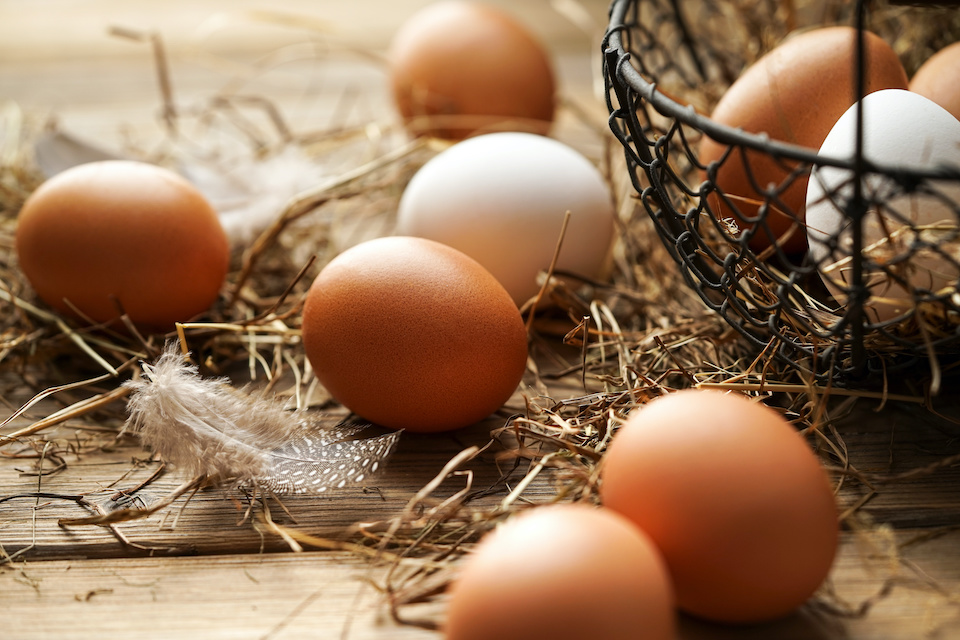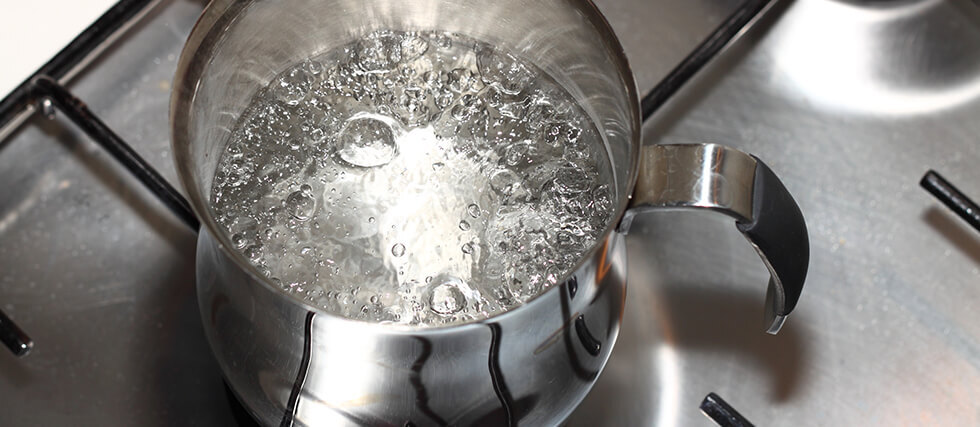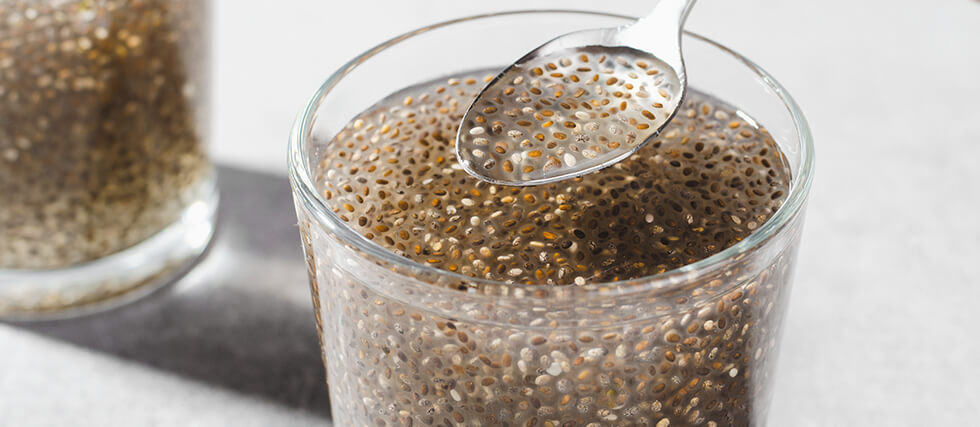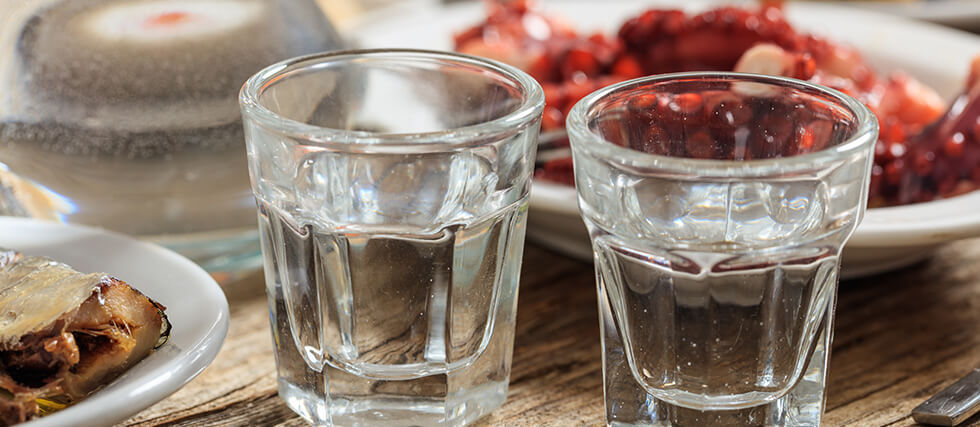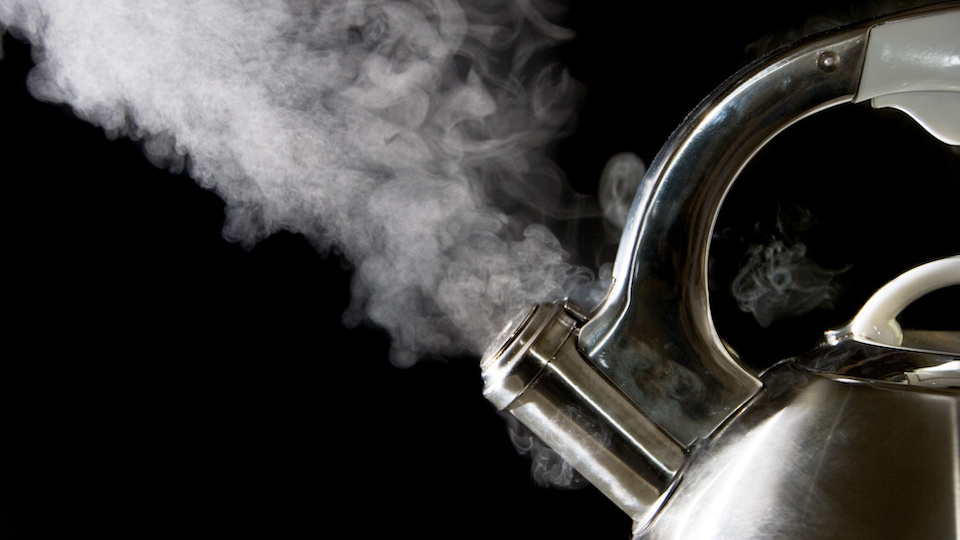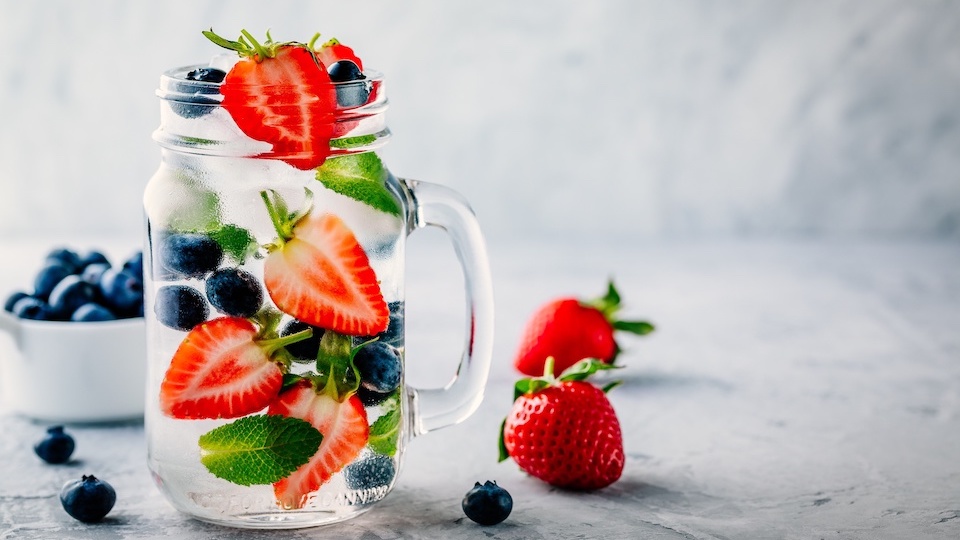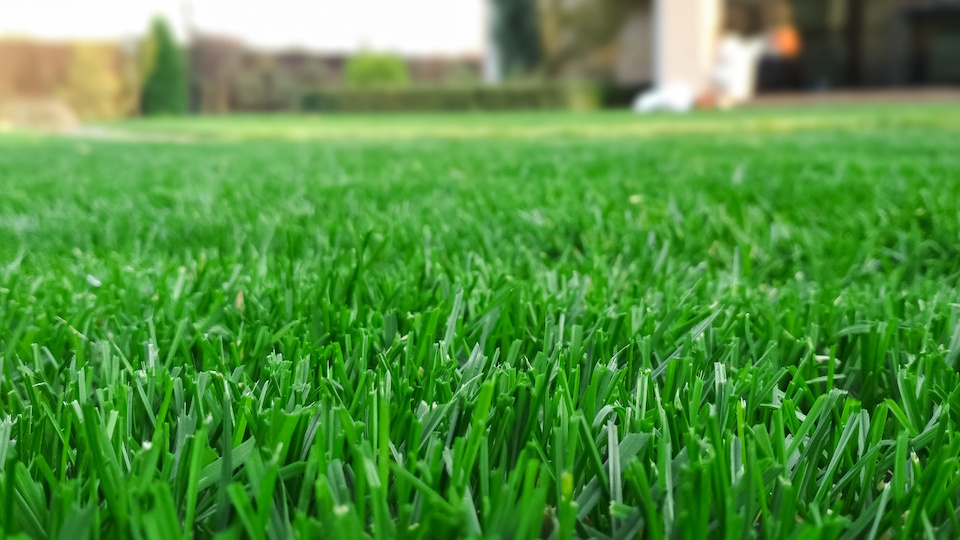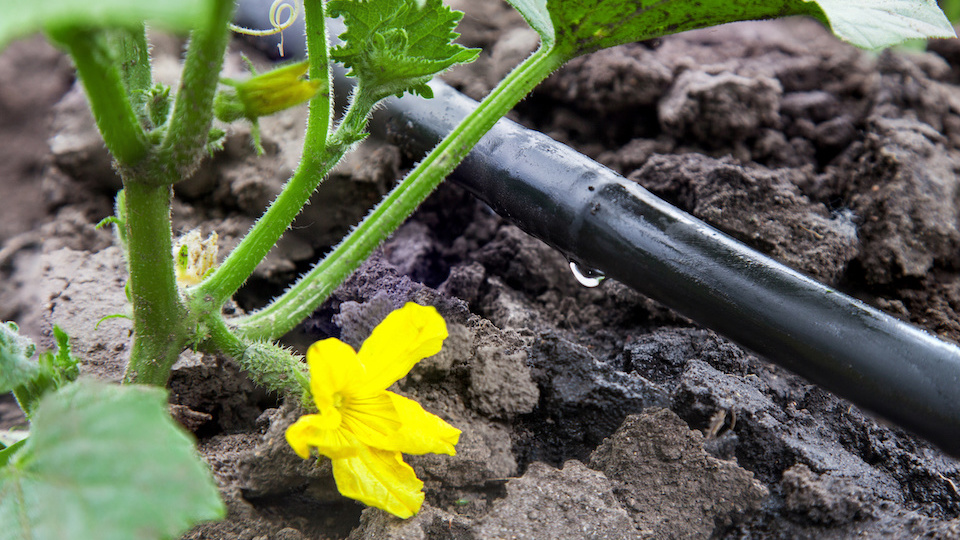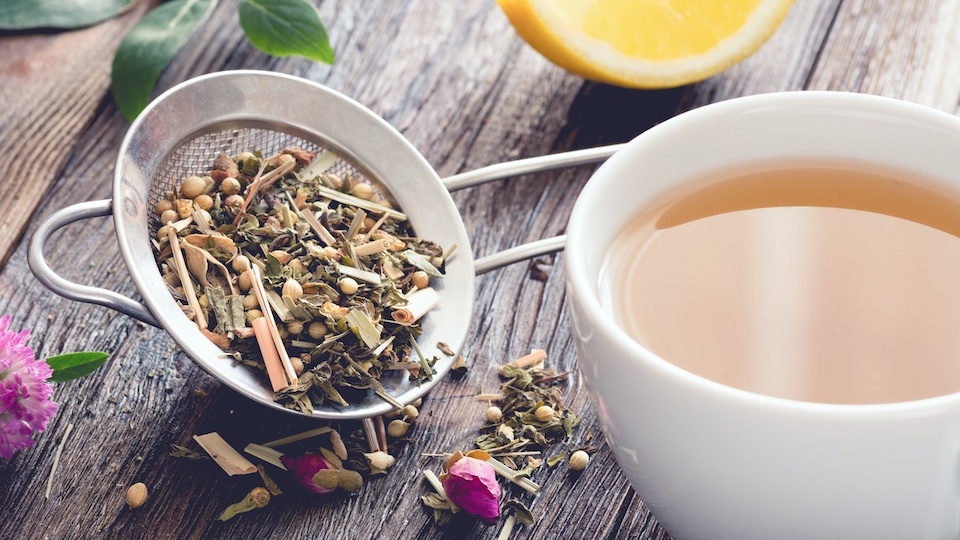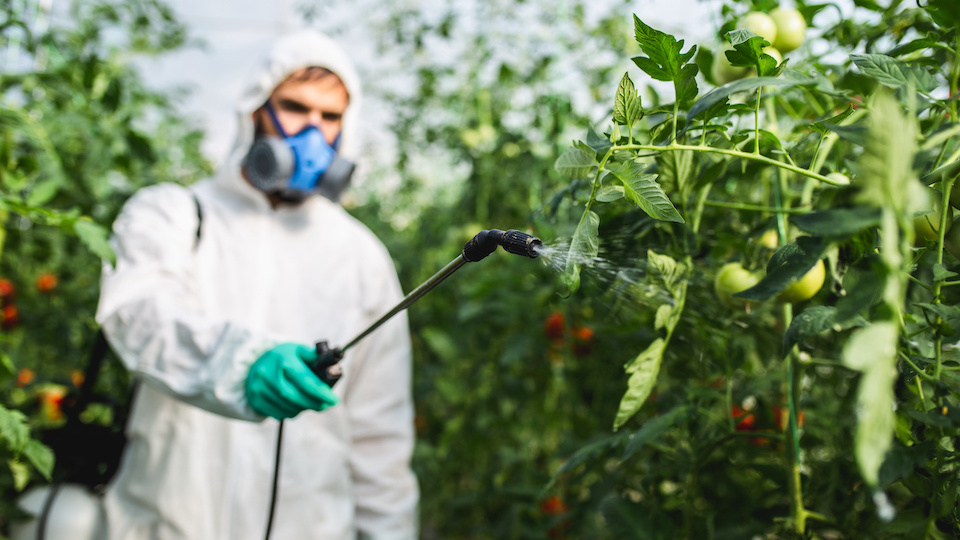If you’ve scrolled through TikTok lately, you’ve probably seen chia seed water trending—promoted as a miracle drink for slimming waistlines, reducing bloating, and boosting energy. But is it actually a healthy habit or just another passing craze?
Registered dietitians Cara Harbstreet, MS, RD, LD, and Natalie Rizzo, MS, RD, break it down.
According to Harbstreet, chia seeds are packed with nutrition: one ounce (about two tablespoons) delivers 10 grams of fiber, 5 grams of protein, and 5 grams of plant-based omega-3s. They’re also rich in minerals like iron, magnesium, and selenium, which are essential for healthy bones, muscles, and overall body function.
“Chia seeds support heart health, improve blood sugar control, and offer anti-inflammatory benefits,” says Rizzo. Plus, fiber—a key nutrient in chia—helps keep you full, supports regular digestion, and lowers your risk of chronic conditions like heart disease and diabetes.
The twist with chia water? When soaked in water, chia seeds swell and take on a gel-like texture. This combo of fiber and fluid is especially effective at promoting fullness and aiding digestion. “If you’re boosting fiber, don’t forget to hydrate,” Harbstreet emphasizes.
Making it is simple: just stir a spoonful of chia seeds into a glass of water and let it sit for 15–60 minutes. The longer it soaks, the thicker it gets.
Other Delicious Ways to Enjoy Chia Seeds
If chia seed water isn’t your thing, don’t worry—there are plenty of other tasty ways to reap the benefits. Stir them into smoothies or yogurt for a nutrient boost, sprinkle them over oatmeal or salads, or use them to make chia pudding by soaking them in milk or plant-based alternatives overnight. You can even add them to baked goods like muffins or homemade granola bars for an extra hit of fiber and protein.


